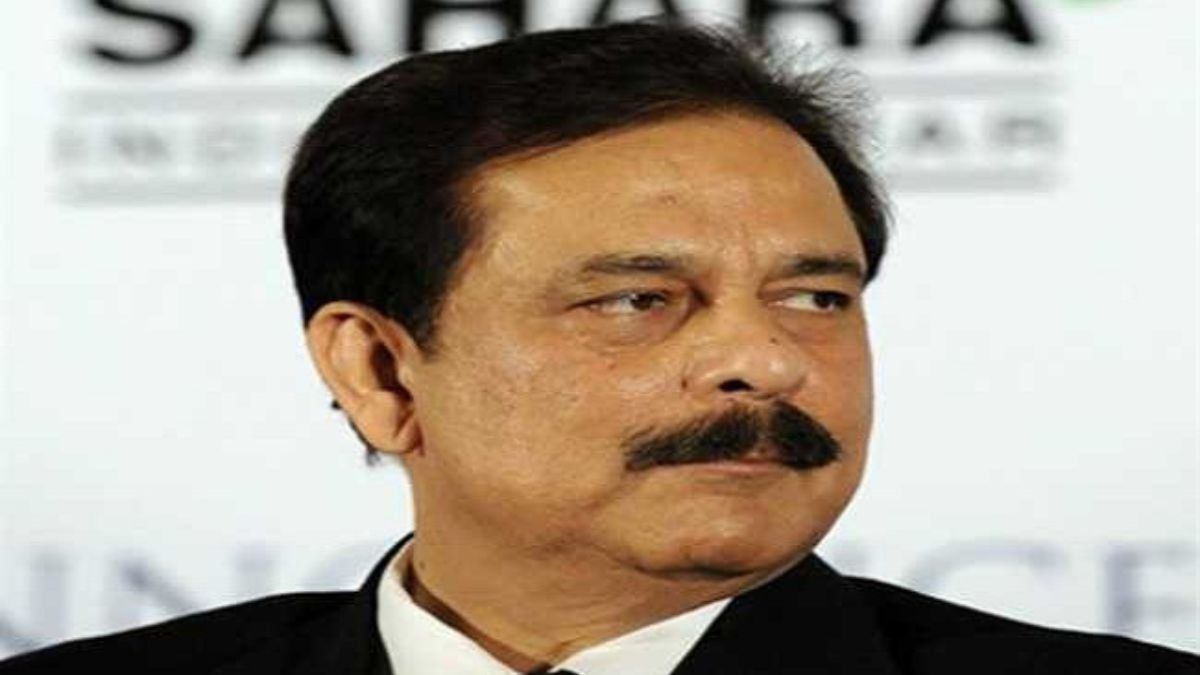The Rise and Fall of Sahara Group Chairman Subrata Roy
The Rise and Fall of Sahara Group Chairman Subrata Roy: A tale of ambition, innovation, and controversy.
Subrata Roy, a name synonymous with both meteoric rise and controversial downfall, stands as a towering figure in the annals of Indian business history. His journey, marked by audacious ventures and a larger-than-life persona, mirrors the complexities and contradictions of India’s economic transformation.
Born in a modest household in Araria, Bihar, in 1948, Roy’s entrepreneurial spirit ignited early. After completing his mechanical engineering diploma, he embarked on a series of ventures, from manufacturing salted snacks to selling tea leaves. While these initial attempts met with setbacks, they laid the foundation for his future success.
In 1978, Roy established Sahara India Pariwar, a chit-fund company that would become the cornerstone of his empire. Chit funds, a traditional savings scheme popular in India, offered a convenient and accessible investment option for the masses. Sahara’s innovative approach and aggressive marketing strategies propelled the company into the forefront of the industry.
Under Roy’s leadership, Sahara India Pariwar diversified into a vast conglomerate, spanning sectors such as real estate, media, entertainment, and hospitality. The group became a prominent sponsor of sports teams, including the Indian national cricket team, and acquired iconic properties like the Plaza Hotel in New York and Grosvenor House in London.
Roy’s flashy lifestyle and extravagant spending habits only added to his public character. He developed tight relationships with politicians, celebrities, and the media, solidifying his status as a charming and prominent figure.
However, a rift started to develop within the Sahara empire in early 2010. The Securities and Exchange Board of India (SEBI) charged Sahara India Pariwar with fraudulently collecting funds through its Optionally Convertible Debentures (OCDs), which are a type of quasi-debt instrument. The regulator has requested that the group refund billions of dollars in investor funds.
Roy’s refusal to comply with SEBI’s orders led to a protracted legal battle. In 2014, he was arrested for contempt of court and spent two years in jail before being granted bail. The Sahara Group faced mounting financial pressure, its assets seized, and its operations hampered.
Despite Roy’s efforts to revive the group, the damage was irreparable. Sahara India Pariwar’s decline mirrored the fall of its enigmatic founder, a man whose ambition and audacity had propelled him to the heights of success but also led to his downfall.
Subrata Roy’s story serves as a cautionary tale, a reminder that even the most powerful figures are not immune to the consequences of their actions. His rise and fall underscore the delicate balance between ambition and prudence, between innovation and ethical conduct. As India continues its economic journey, Roy’s legacy will undoubtedly serve as a point of reflection for aspiring entrepreneurs and industry leaders.
Conclusion:
I’m sorry to hear about the passing of Subrata Roy. He was a remarkable individual who made significant contributions to the Indian business landscape. His entrepreneurial spirit and innovative approach to business will be remembered for generations to come.
Subrata Roy’s legacy will undoubtedly continue to inspire aspiring entrepreneurs and industry leaders. His story is a testament to the power of ambition and determination. While his later years were marked by controversy, his contributions to the Indian economy cannot be denied.
My thoughts and prayers are with his family and friends during this difficult time. May he rest in peace.
Sahara Group Chairman Subrata Roy
Born on 10th June 1948 – Died on 14th Nov 2023









